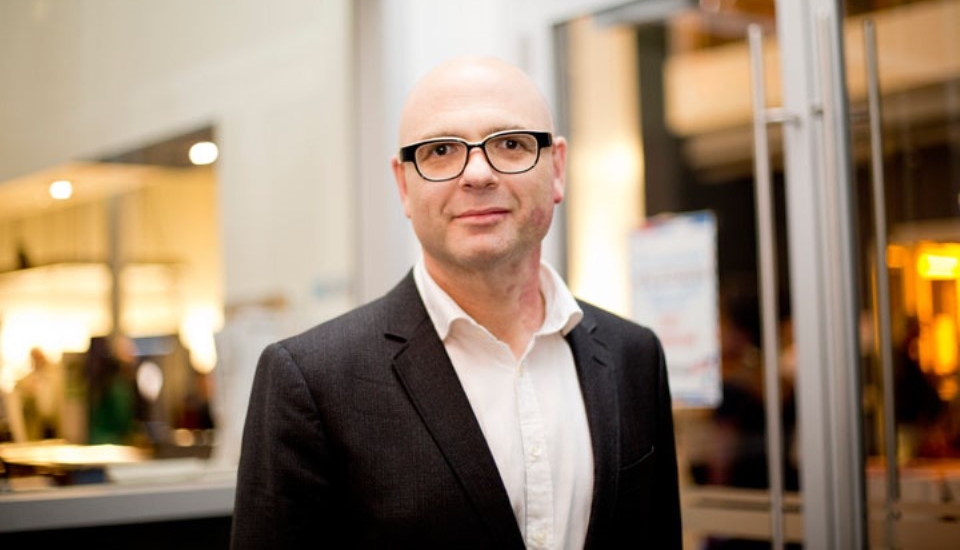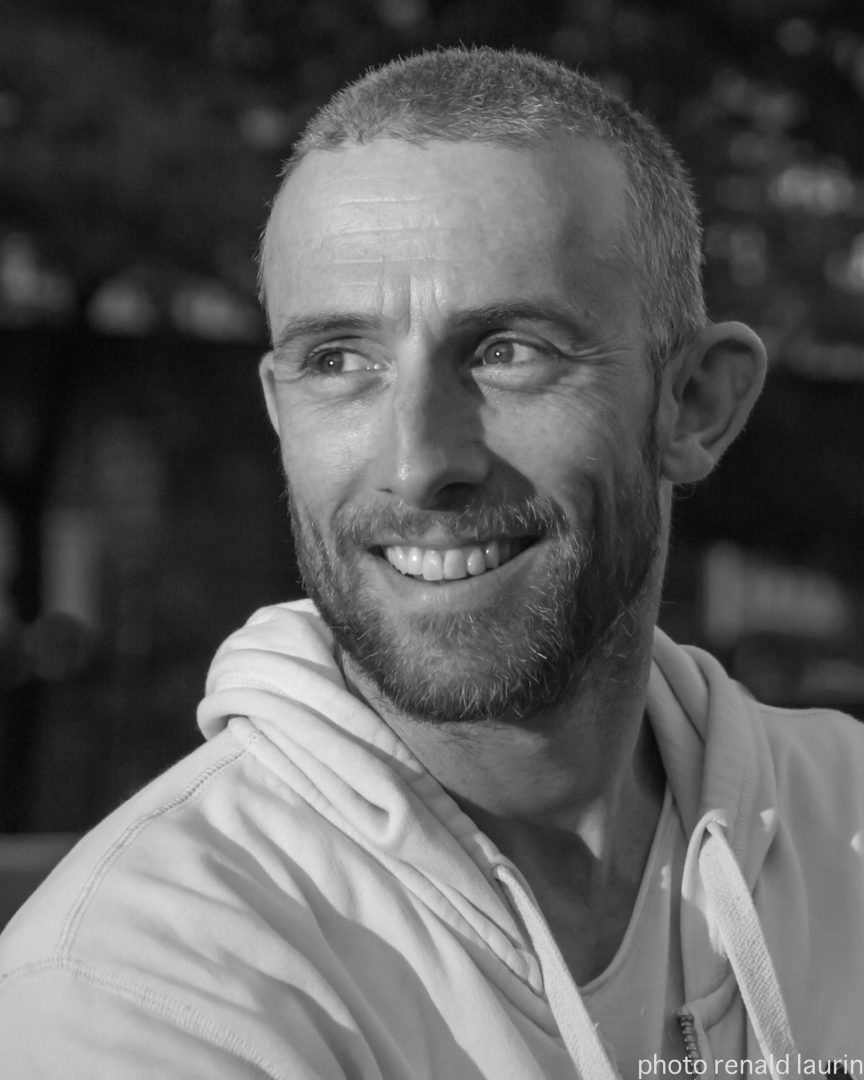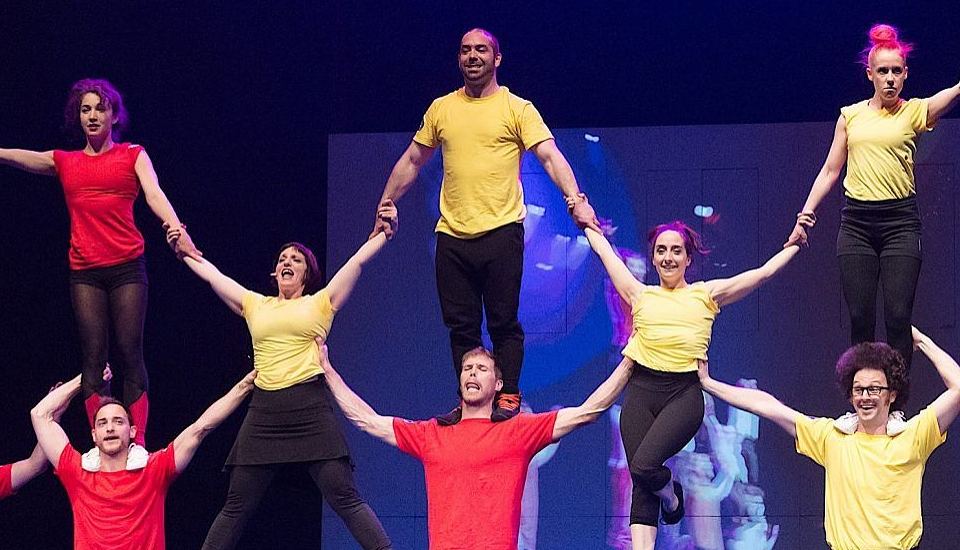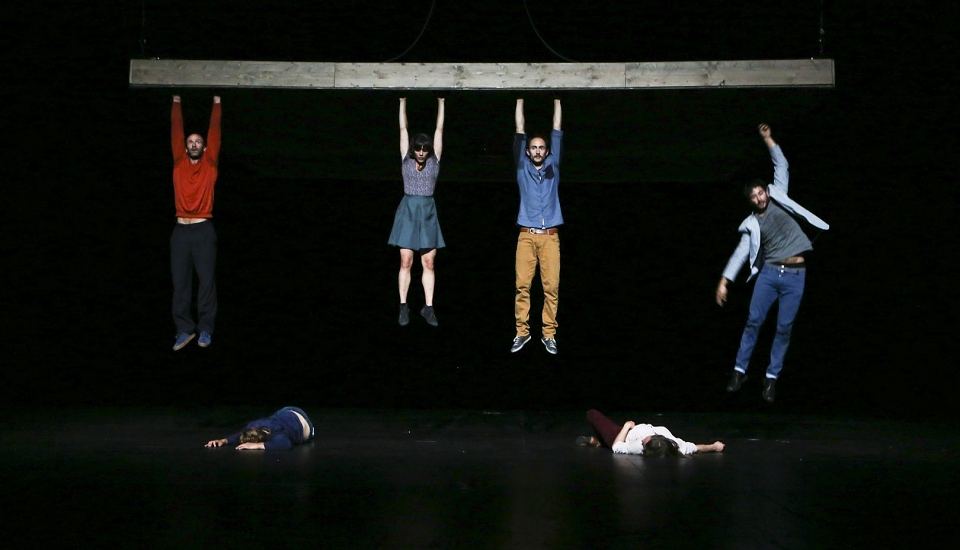Couch-talk with Yaron Lifschitz
Contacted via Skype (on a couch!) we had a little chat with Yaron Lifschitz, the man behind the amazing australian company Circa that presented Beyond during Summer 2015 at the Festival!
MCC : Can you tell us more about your background?
Yaron Lifschitz : I trained as a theater director and sort of fail as theater director. I didn’t like it so much; I wanted to do something a little more interesting, so I went to work in the circus. And then for 6 years I made circus that no one understood or liked. Everyone hated it and said it was really shit. We got incredibly bad reviews. Then slowly we started to make work and found a little place in the world for this work and that’s what we do now. We have a company called Circa and we make 3 to 5 new creations a year and we tour some of these creations in some special events. Most of the shows we make, we tour.
MCC : Did you switch from one company to Circa?
Y.L. : There was a company called Rock’n roll Circus, which had been around through the 80’s. It was an important Australian company. It was like dying and so they asked someone to come and run it, maybe kill it or something. And I came in and after a few years I changed the name to Circa and the identity and the direction.
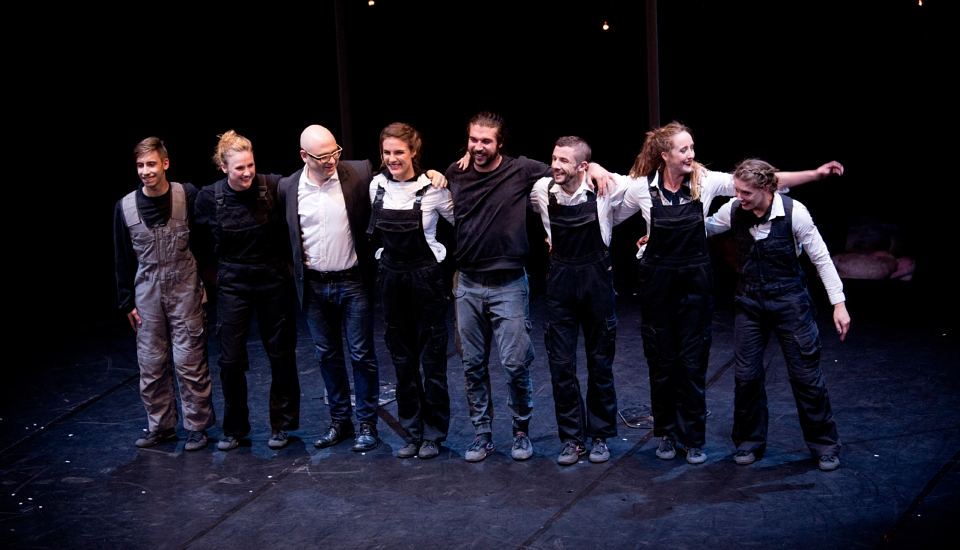
MCC : Can you tell us more about your vision of the company?
Y.L. : When I see acrobatics, particularly in circus skills and disciplines, I don’t see just impressive strength, or flexibility and balance. What I see is something about who we are as people, our humanity. But when I see most circus shows, I see people doing something and then pretending to be something else. There is a story or a choreography, or a technology. It’s interesting: you spend a lot of time learning to stand on your hand or hang from a rope, but then in the show you don’t really do that, you sort of act a bit. So I started to look for ways to keep what I liked alive and remove the other stuff. So it was like declotting the conventions, just strip them right back to what is happening. I looked for some inspiration, some was from jazz music, some was from contemporary ballet choreography, and some was from philosophy. And I just started to apply and think and questioned. This led to some work that was very edgy, very sort of sharp around the edges, and very uncompromising. The first time we brought a show to TOHU, every night 20 to 30 people would walk out. Many people still say it’s the best show we ever brought to TOHU, but it was really just not what circus was. I thought it was going to be a complete disaster and that we would never be invited back. Except that we have now done 5 or 6 of these. It’s fantastic. When we come to a show like Beyond, it’s the second or third wave of the shows after that initial work. Then, is not so much about the thing that got us to that point, but after you kind of reduce to a point where there’s almost nothing, how much can you build back up but keep the kind of integrity, the presence and the energy of that point.
MCC : Is there any similarities between Beyond and others shows that someone would have seen from Circa?
Y.L. : There are, but there are actually many more differences. Beyond is one of the most different work that we have. It was created with the same DNA, but put through very different processes. So it really doesn’t look like a hard edge, near classical circus show, but it has this meeting between people, skills, music, emotion; this kind of beautiful dance. I wanted to make a really warm, tender show. A show that was enchanting, that kind of melted you a little, but was not trivial. It’s really easy to make a show where everyone look very emotional, and you feel like it’s exciting, but it’s not really a deep feeling. I wanted to get something deeper and richer from the experience
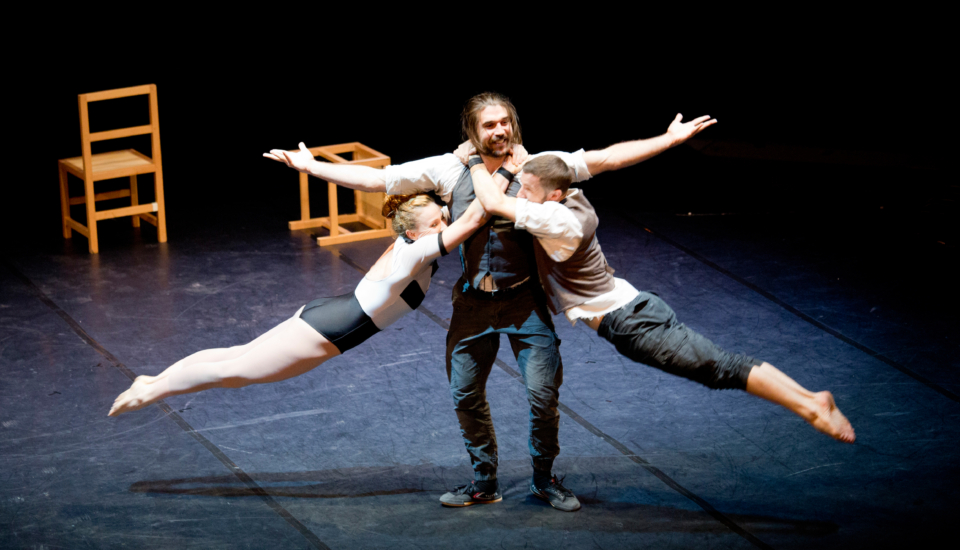
MCC : Where did you find the inspiration for the show?
Y.L. : It comes from many different places. Some of it is from philosophy. There is this particular book about the concept of the creaturely. It’s the idea of what is the creature as opposed to the human, as a kind of phenomenological category, a category of experience. So that sits on one side. On the other, I was really influenced by Moonrise Kingdom from Wes Anderson. Nothing in the esthetic, but more some quality of the quirky playful surrealness. There’s also a little bit of David Lynch into it, just a little. Then the artists we work with create a kind of chemistry. So you put everything in a pot with garlic and oil, salt and pepper. You add a little of heat and try not to burn it too much and see if you get some flavor from it!
MCC : What is the show about?
Y.L. : Never ask me what the show is about! I have no idea. Hahaha. In a way the show is about a group of people at night. A journey through their dreams, their sub consciousness, their relationships. It’s full of wonderful physicality, but also playful humor and gentle surrealism. I tried to make a show that was kite tender in its heart
MCC : Where did you find the idea of the rabbit heads?
Y.L. : That I can place the exact time: it was December 2012 and we were doing a show in Paris. I was doing an afternoon sleep with my girlfriend, and I knock her awake and I told her “They’re all animals!”. She thought I might have had a stroke or something. And she said “What do you mean?” I said “In Beyond, they’re all animals!”. I just had this vision, the people were animal. You know these really cool images you see in fashion magazine: the wolf head with the hipster clothes. I was like “That’s what I want, I want the more perfect animal heads.” And that’s where we started from. So we got a quote and it was 3 times as big as our whole budget. It was just impossible, we just did not have the money. So we found a way to abstract the idea of animalness, of hiding, of the mask. And that’s really where the bunny heads came from
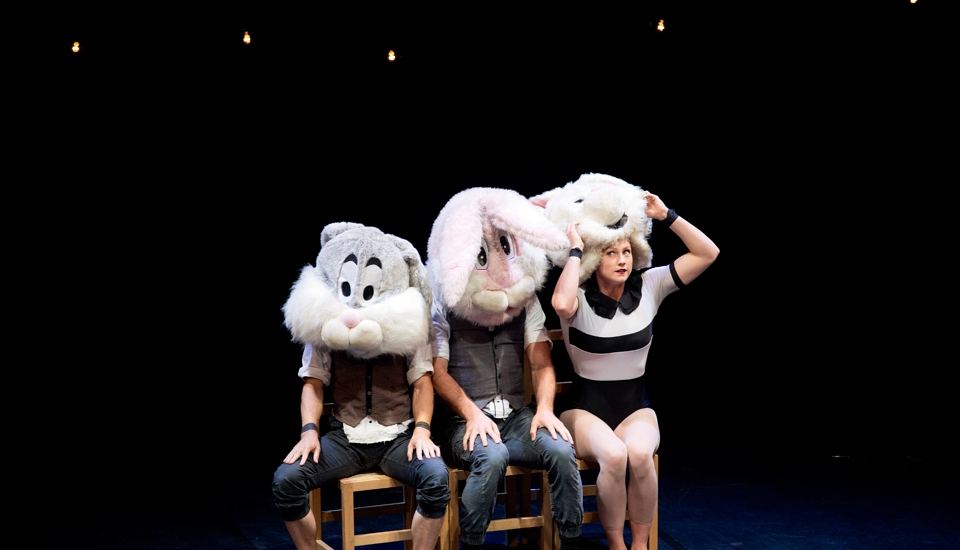
Crédits photo: Cindy Boyce
